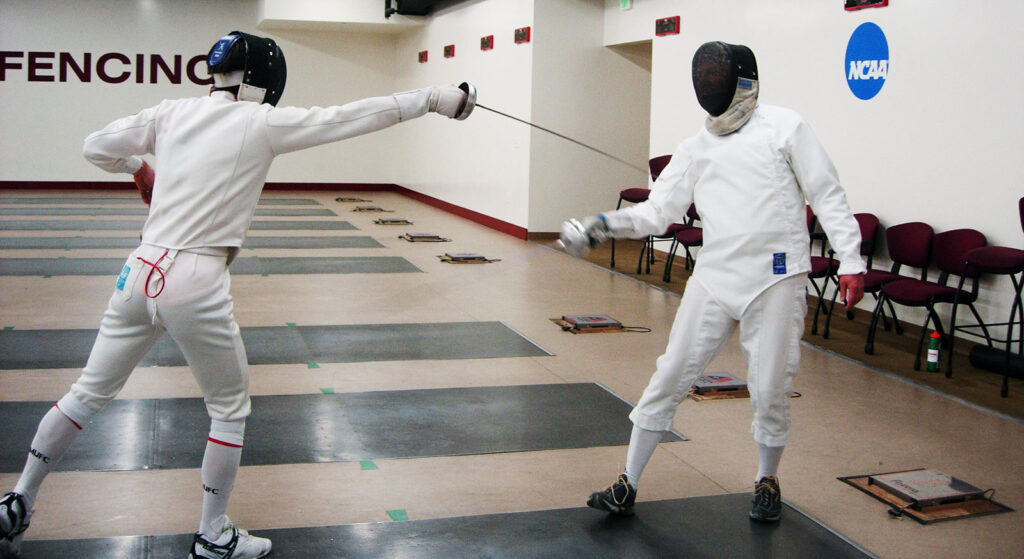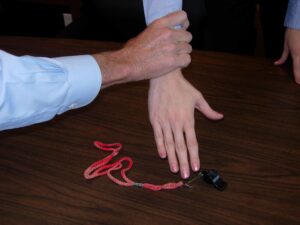Workplace retaliation comes in many forms. While wrongful termination is one form of workplace retaliation, victims might also suffer from workplace retaliation by being singled-out for criticism, wrongfully disciplined, or demoted. Workplace retaliation for filing a sexual harassment or discrimination complaint is illegal in California, and victims have rights.
Read more to find out about your rights to stand up against illegal workplace retaliation in California.
It is illegal for an employer to retaliate against an employee who has made a discrimination or sexual harassment claim, or who has filed a charge with the California Department of Fair Employment and Housing or the Equal Employment Opportunity Commission, or who has participated in a sexual harassment investigation as either a complainer or a witness, or who has opposed discriminatory practices in the workplace.
While both the individual harasser and the employer are liable for sexual harassment claims in California, generally only the employer is responsible for retaliation in the workplace, not the individual. However, the California Supreme Court has left open the question of whether the individual harasser who participates in the retaliatory decisions of the employer may be held personally liable for the retaliation in the workplace.
The elements that a plaintiff must prove for a claim of retaliation in the workplace are the following:
That the plaintiff was involved in an activity protected by the Fair Employment and Housing Act;
That the defendant engaged in an adverse employment action against the plaintiff; or that the defendant engaged in conduct that, taken as a whole, materially and adversely affected the terms and conditions of the plaintiff’s employment;
That the plaintiff’s protected activity was a motivating reason for the defendant’s decision to take an adverse employment action against the plaintiff;
That the plaintiff was harmed; and
That the defendant’s conduct was a substantial factor in causing the plaintiff’s harm.
Note that for proof of the first element that the plaintiff was involved in an activity protected by the California Fair Employment and Housing Act, the plaintiff does not necessarily have to prove that the plaintiff was subject to a hostile work environment based on sexual harassment. Rather, the plaintiff need only prove that the plaintiff made a complaint of sexual harassment; plaintiff does not have to prove that the alleged sexual harassment claim was sufficiently severe or pervasive to constitute a hostile work environment.
Workplace retaliation lawyer at Broderick Law is here to help victims stand up for their rights. If you believe that you are a victim of illegal retaliation at work, talk to an attorney to get advice on what you should do to protect yourself and pursue your rights. Contact our office in Palo Alto, California today to speak with workplace retaliation lawyer Timothy Broderick at (650) 857-9000. Our attorneys are here to protect and fight for retaliation victims across Northern California.


